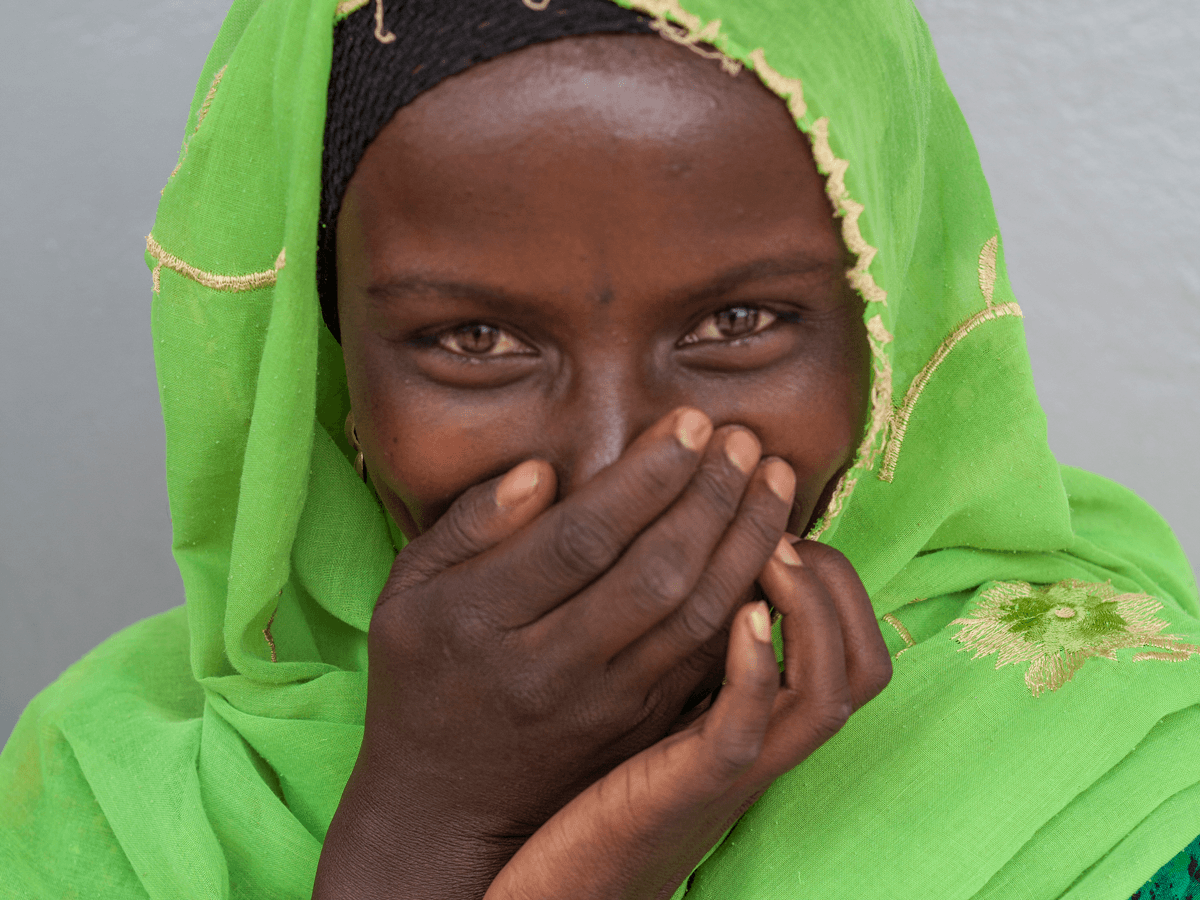Kassahun EA, Gelagay AA, Muche AA, Dessie AA, Kassie BA.
BMC Public Health. 2019 Apr 4;19(1):378. doi: 10.1186/s12889-019-6682-8.
Abstract
BACKGROUND:
Early initiation of sexual activity affects the sexual and reproductive health of the young population. The youth are at a high risk of risky sexual behaviours, including multiple partners and inconsistent condom use. There has been limited research on the level and determinants of early sexual initiation in Woldia town. Thus, this study aimed to assess the prevalence of early sexual initiation and associated factors among preparatory and high school students in Woldia town, northeast Ethiopia.
METHODS:
An institution based cross-sectional study was conducted on 723 students selected by the simple random sampling technique on March 7, 2016. A pre-tested and structured self-administered questionnaire was used for data collection. Descriptive statistics, bivariate and multivariable logistic regression were computed. Adjusted odds ratio (AOR) with a 95% confidence interval (CI) was calculated to examine the strength of association. In the multivariable analysis, a p-value < 0.05 was considered as statistically significant.
RESULT:
The prevalence of early sexual initiation among preparatory and high school students in Woldia town was 18.4% (95% CI:15.50,21.30%). Not attending religious programs (AOR = 3.2, 95% CI:1.84,5.44), peer pressure (AOR = 1.9, 95% CI:1.14,3.25), cigarette smoking (AOR = 2.3, 95% CI:1.06,4.85), poor parental monitoring (AOR = 2.8, 95% CI:1.77,4.53), and exposure to pornographic materials (AOR = 2.7, 95% CI:1.68,4.40) were significantly associated with early sexual initiation.
CONCLUSION:
A large number of students initiated sexual activity at an early age. The practiced is associated with sexual and reproductive health problems. Therefore, raising awareness of students about the risk factors for and implication of early sexual initiation through teachers, religious leaders, and parents is highly recommended.









